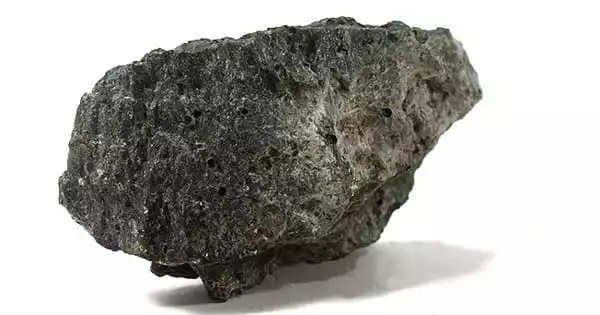Hematuria
Definition
Hematuria is a condition where there is blood in the urine. If this happens, it may be nothing to worry about or it may be a sign of a serious condition, because hematuria is a symptom of another condition or disorder rather than a condition in and of itself. It may be idiopathic or benign, or it can be a sign that there is a kidney stone or a tumor in the urinary tract (kidneys, ureters, urinary bladder, prostate, and urethra), ranging from trivial to lethal. Occasionally “hemoglobinuria” is used synonymously, although more precisely it refers only to hemoglobin in the urine.

If blood in the urine is visible with the naked eye, meaning the urine is pink or red in color due to the red blood cells present, like in Joe’s case, this is called gross hematuria. When blood is only visible when looked at under a microscope, meaning the urine looks normal with the naked eye, this is called microscopic hematuria. A person with microscopic hematuria may not even realize anything is wrong until they have a urine test performed.
Causes, Sign and Symptoms of Hematuria
The causes of gross and microscopic hematuria are similar and may result from bleeding anywhere along the urinary tract. One cannot readily distinguish between blood originating in the kidneys, ureters, bladder, or urethra. Infection of the urine, (often called a urinary tract infection or UTI) stemming either from the kidneys or bladder, is a common cause of microscopic hematuria. Urine is naturally sterile and should not contain bacteria. Kidney and bladder stones can cause irritation and abrasion of the urinary tract, leading to microscopic or gross hematuria. Sometimes hematuria is minor enough where no treatment is necessary, but if it’s caused by a serious condition, it needs to be addressed.

Hematuria can also be associated with renal (kidney) disease, as well as hematologic disorders involving the body’s clotting system. Medications that increase the risk of bleeding, such as aspirin, warfarin (Coumadin), or clopidogrel (Plavix), may also lead to bloody urine. Lastly, cancer anywhere along the urinary tract can present with hematuria.
More serious reasons people may have hematuria include:
- bladder or kidney cancer
- inflammation of the kidney, urethra, bladder, or prostate—a walnut-shaped gland in men that surrounds the urethra and helps make semen
- blood-clotting disorders, such as hemophilia
- sickle cell disease—a genetic disorder in which a person’s body makes abnormally shaped red blood cells
- polycystic kidney disease—a genetic disorder in which many cysts grow on a person’s kidneys
People with gross hematuria have urine that is pink, red, or brown. Even a small amount of blood in the urine can cause urine to change color. In most cases, people with gross hematuria do not have other signs and symptoms. People with gross hematuria that includes blood clots in the urine may have bladder pain or pain in the back.
Sometimes, the cause of urinary bleeding can’t be found. In that case, doctor might recommend regular follow-up tests, especially if patient have risk factors for bladder cancer, such as smoking, exposure to environmental toxins or a history of radiation therapy.
Diagnosis and Treatments of Hematuria
Taking a medical history may help a health care professional diagnose the cause of hematuria. He or she will ask the patient to provide a medical history, a review of symptoms, and a list of prescription and over-the-counter medications. The health care professional will also ask about current and past medical conditions.

For patients with suspected kidney stones, a common cause of hematuria, CT scanning or Ultrasound is often the first step. For most other patients with continued, unexplained hematuria, because of the risk of cancer of the bladder, prostate, ureters, or kidney is a concern, further imaging is usually done. This includes directly looking at the urethra and bladder with cystoscopy and more sensitive radiographic imaging with computed tomography urography.
Treatments for hematuria vary widely and depend on the reason for the bleeding. It is important to note that quite often no cause is found for the hematuria. A blood test to check kidney function and a blood-pressure check should be done as well. Caucasian men over 50 should discuss with their doctor an annual prostate-specific antigen (PSA) blood test which is used to screen for prostate cancer. Prostate screening in African Americans traditionally begins at age 45 and in all races; a history of prostate cancer in close family members may indicate an earlier start of screening.
Reference:
















